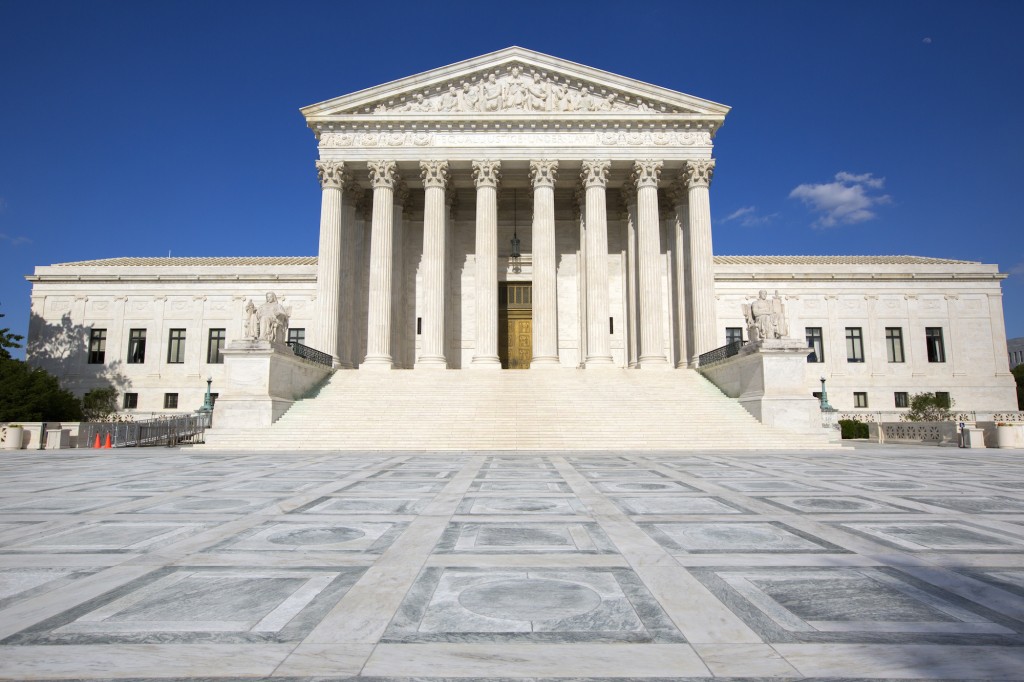
FBOs are Religious, Too: Amicus Briefs in the Contraceptives Mandate Cases
Stanley Carlson-Thies
In August 2016, it will be fully five years since the federal government announced that employer health plans must cover all contraceptives, including abortifacients, with only a narrowly defined set of “religious employers”—essentially just houses of worship—exempt from the requirement. Not included were many other persons and organizations with religious objections to some or all of the mandated drugs and devices. Closely held companies, like Hobby Lobby, won an exemption from the US Supreme Court. Faith-based nonprofits—schools, colleges, hospitals, charities—have been offered various forms of “accommodation” that many consider to be no more than a roundabout way of violating their convictions. More than 50 lawsuits have been filed by religious nonprofits, and the US Supreme Court has agreed to hear seven of the cases, including the lawsuit by the Little Sisters of the Poor. Amicus briefs—statements by persons and organizations—supporting the Little Sisters and related cases stress that faith-based nonprofits are no less religious than churches, synagogues, and mosques.
Forty-three amicus briefs have been filed in support of the Little Sisters and other religious nonprofits. The briefs were submitted by legal scholars, theologians, religious freedom advocacy groups, religious medical associations, think tanks, government officials and former officials—and faith-based organizations and their associations. Many different arguments are offered for why religious nonprofits, just as churches (and companies like Hobby Lobby), should be exempt from the contraceptives mandate if they have a seriously held religious objection, keeping in mind that the government can ensure broad access to contraceptives without commandeering the health plans offered by employers. Notable are the briefs from Orthodox Jewish rabbis and organizations and from other minority religious groups–including an Islamic center, Apache tribe, and the International Krishna Society—asking that government not be allowed to second-guess religious convictions. It is significant that there are multiple briefs arguing that it is not legitimate for the government to decide to accept churches as fully religious but to treat religious charities as not equivalently religious.
Also of note is the argument in several briefs that government actions that undermine the ability of faith-based organizations to freely operate according to their religious convictions will harm society as a whole, as it will lose the important and extensive contributions faith-based organizations make to the common good. For example, the brief authored by the US Conference of Catholic Bishops and joined by IRFA and others points out:
“To accept the principle advanced by the government in these cases is to hold that government has virtually unimpeded power to force faith-based organizations to violate their conscience as a condition for performing their charitable work. To deter or prevent such work by attaching conditions of the sort the government has imposed in these cases would seriously harm the public good. U.S.-based faith-based organizations contribute human services domestically and abroad that are staggering in their size and scope. Millions of persons are served, in some instances even by a single faith-based organization. The ramifications of losing such services, which are often life-saving for the needy people served, is sobering to contemplate. The charitable services provided by faith-based organizations have a distinctive character and value that government cannot match or replace. Were it to try, the sheer economic value of those services, even as to a single locality or service type, easily measures in the millions of dollars.”
Visit the amicus briefs page hosted by the Becket Fund for a listing and description of all of the supporting arguments and links to the actual briefs.
